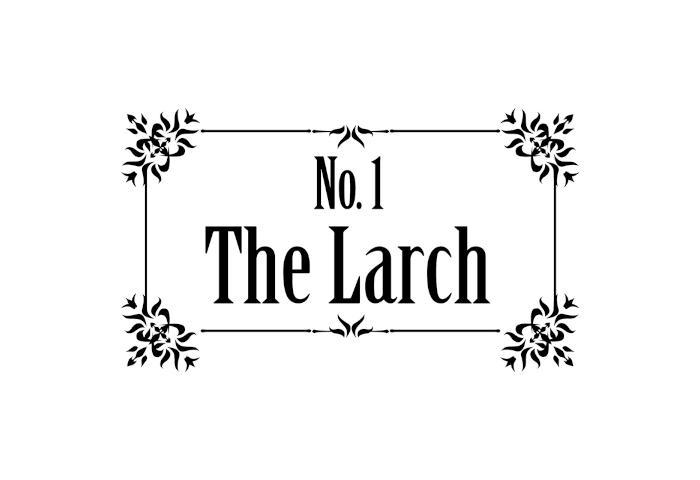EuroStack meets healthcare IoT
The EuroStack initiative is Europe’s ambitious attempt to reclaim digital sovereignty by building its own federated, standards-based infrastructure. In the healthcare sector, this means enabling patients’ health data (much of it generated by Internet of Things (IoT) devices) to move securely and interoperably across national borders. The goal is to make care more responsive, especially in emergencies or when people travel, without compromising privacy rights under the General Data Protection Regulation (GDPR). ...
